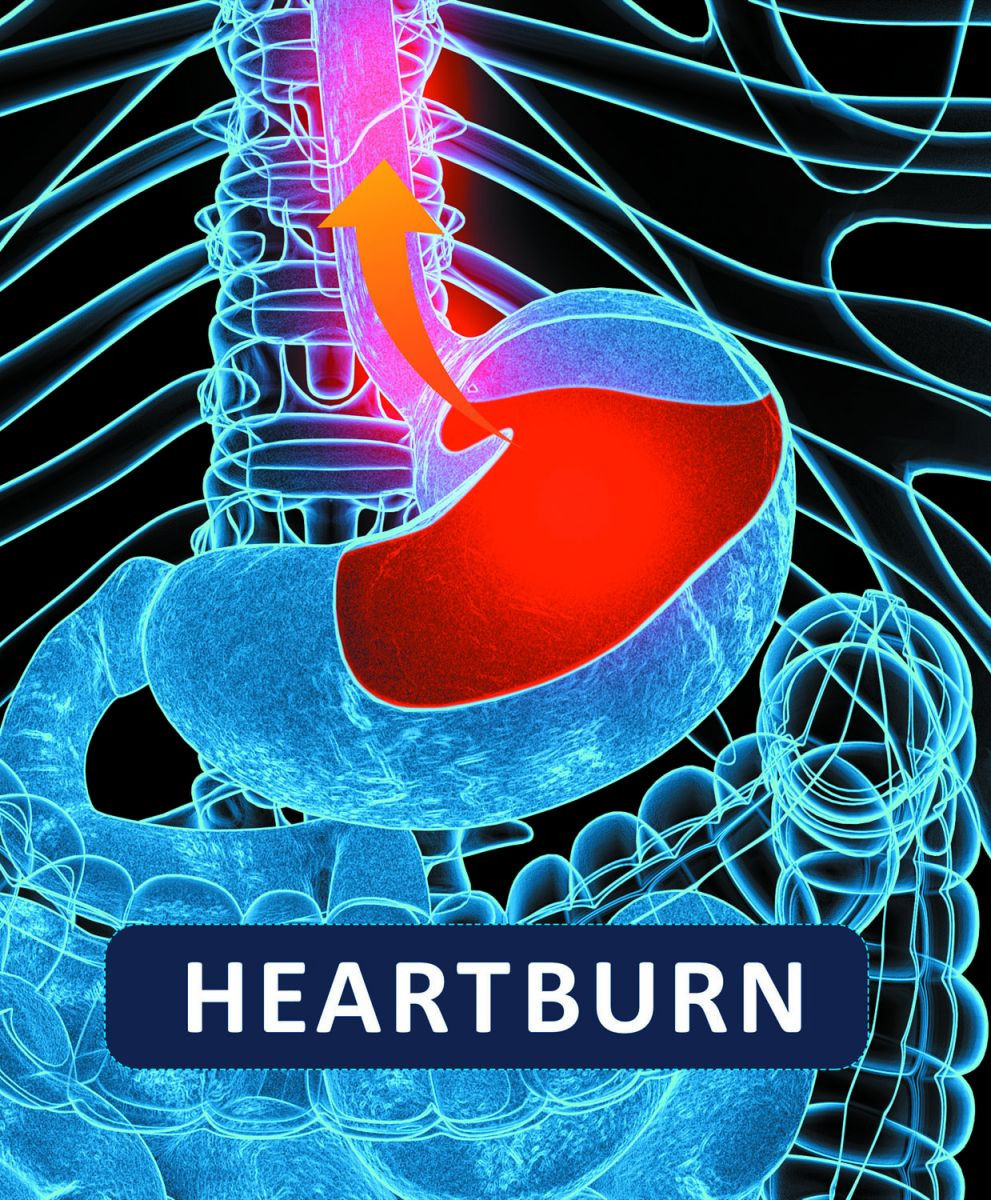
Trying to lose weight? Be careful not to lose muscle

Is your skin problem actually an autoimmune condition?

People with diabetes face higher risk of hearing loss

Antibiotic-free fixes for recurrent UTIs

Musculoskeletal syndrome of menopause: When menopause makes you ache all over

When can older women stop getting mammograms?

To lose weight, especially harmful belly fat, combine diet and exercise

Can men hold off on treating recurring prostate cancer?

The 7 types of rest and why we need them all

What are the early warning signs of cervical cancer?
Heart Disease Archive
Articles
Focusing on six food groups may help prevent cardiovascular disease
A 2023 study suggests eating enough of six categories of food common in popular heart-health diets is associated with a lower risk of cardiovascular disease, including heart attacks and strokes. The six groups are fruits, vegetables, legumes, nuts, fish, and dairy products.
Overcoming heart health obstacles
Men often confront obstacles that keep them from managing heart disease or lowering their risk for it. Harvard cardiologists share the advice they give patients who face challenges in the areas of weight loss, medication management, exercise, and diet. These include thinking about their future health goals, monitoring blood pressure, scheduling workouts, joining group weight-loss groups, and learning portion control for meals.
An elevated high-sensitivity troponin level
Troponins, which are proteins found in heart muscle cells, are released in the bloodstream during a heart attack. Other conditions, such heart muscle inflammation and chronic kidney disease, can also cause troponin levels to rise.
Is your daily nap doing more harm than good?
Naps can be healthy for adults who need to catch up on sleep or work odd hours, but they can also make it more difficult to sleep at night and be a sign of a sleep disorder. Naps should be short and limited to the early afternoon to prevent them from interfering with nighttime sleep. People who have the urge to nap daily should consider whether they need to improve their nighttime sleep habits.
Autoimmune diseases pose a threat to the heart
People with autoimmune diseases may be up to three times more likely to develop cardiovascular disease than people without an autoimmune disease. Among the most common autoimmune diseases are rheumatoid arthritis, psoriasis, and lupus. Awareness of this elevated risk is especially important because autoimmune disease typically strikes when people are in their 20s or 30s. In turn, heart problems may develop up to a decade earlier than in people without an autoimmune disease. A calcium scan, which detects early signs of atherosclerosis, can help assess a person's risk and guide treatment advice.
After the baby grows up, how will your heart fare?
Pregnancy and reproductive complications, including high blood pressure, diabetes, pre-eclampsia, infertility, and stillbirth, are linked with higher cardiovascular risks in affected women many years later. Such complications affect 5% to 10% of pregnancies and are rising as obesity rates increase and more women postpone pregnancy. Ongoing preventive care and screenings are crucial for women who experienced pregnancy complications to monitor blood pressure, cholesterol, and blood sugar levels and treat any irregularities aggressively.
Men, women, and red meat risk: Maybe both sexes should put down the burger
A 2023 review of 70 studies found that both unprocessed and processed red meat are linked to higher risks of cardiovascular disease and diabetes, with no apparent difference in risk between men and women.
Heart-healthy eating: How does your diet stack up?
Four eating patterns—including the DASH, Mediterranean, pescatarian, and vegetarian diets—align most closely with recommendations for a heart-healthy diet, according to a 2023 scientific statement from the American Heart Association. These diets limit saturated fat and excess carbohydrates, especially highly processed carbohydrates and sugary drinks. Evidence supporting these diets comes from decades of randomized trials, population-based studies, and other research.

Trying to lose weight? Be careful not to lose muscle

Is your skin problem actually an autoimmune condition?

People with diabetes face higher risk of hearing loss

Antibiotic-free fixes for recurrent UTIs

Musculoskeletal syndrome of menopause: When menopause makes you ache all over

When can older women stop getting mammograms?

To lose weight, especially harmful belly fat, combine diet and exercise

Can men hold off on treating recurring prostate cancer?

The 7 types of rest and why we need them all

What are the early warning signs of cervical cancer?
Free Healthbeat Signup
Get the latest in health news delivered to your inbox!
Sign Up











